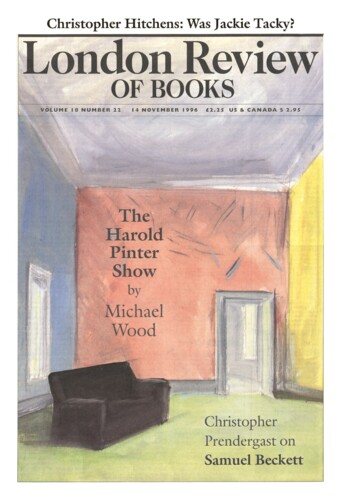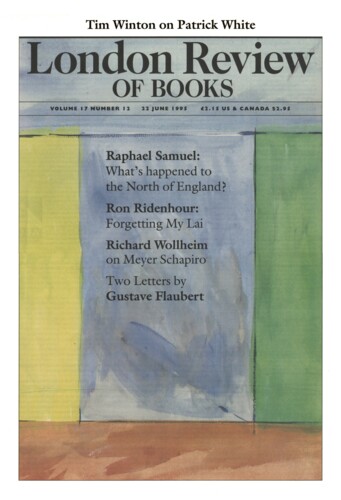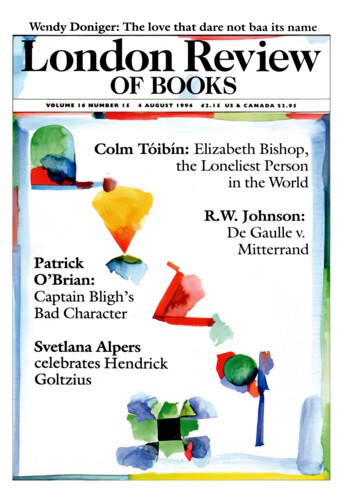De Gaulle’s Debt: Moulin, the French martyr
Patrice Higonnet, 4 December 2003
By 1995, there were 37 monuments and 113 plaques dedicated to Jean Moulin in France; 978 boulevards, avenues, streets, squares, bridges and stadiums were named after him, as well as more than 365 schools, including one university. There are even more today; only de Gaulle is more honoured. And yet at the time of his death at the hands of Nazi torturers in the first days of July 1943, Moulin was...





